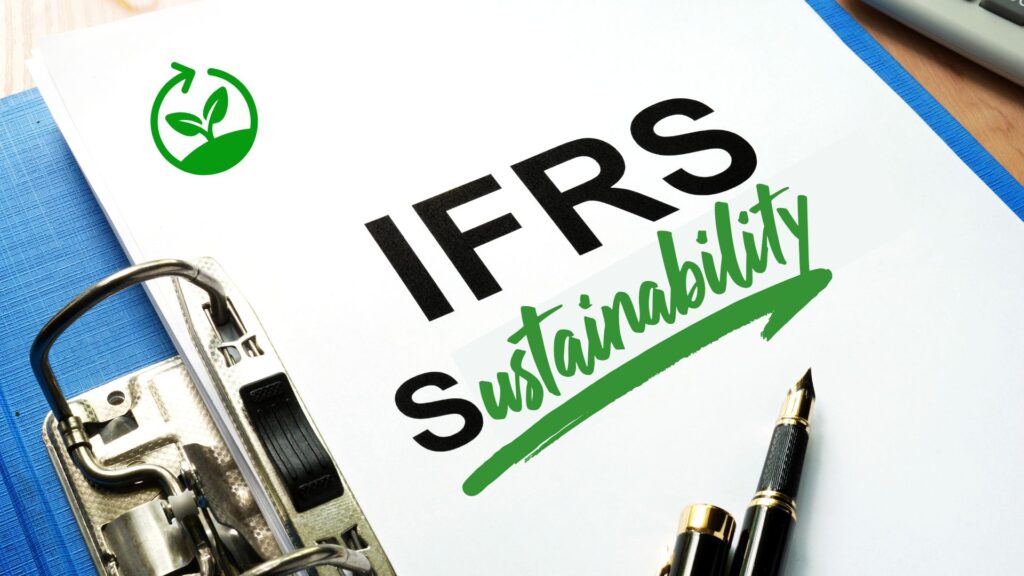Understanding IFRS S: Insights from Karen Wantland – “Las NIIFs (con S al Final)”
This article draws directly from the insightful post “Las NIIFs (con S al Final),” authored by the expert Karen Wantland at Kwantland. Her analysis offers a comprehensive overview of the International Financial Reporting Standards (IFRS) and their evolution into the new IFRS S standards, which focus on sustainability-related disclosures. Below, we summarize and expand on their key points to highlight the importance of these standards for businesses worldwide. About Karen Wantland Karen Wantland is a writer, strategist, innovator, and advisor on Environmental, Social, and Governance (ESG) matters. With over two decades of experience, she has collaborated with companies and organizations to advance sustainability and social innovation. Karen is also a seasoned columnist, sharing her expertise through various media outlets, making her a respected thought leader in the ESG field. Her contribution in the original article provides valuable clarity and actionable insights into the evolving landscape of ESG reporting, particularly the IFRS S standards. What Are IFRS and IFRS S Standards? As Karen Wantland´s article explains, International Financial Reporting Standards (IFRS) have provided a unified accounting framework for over two decades, ensuring transparency and comparability in financial statements across jurisdictions. The standards, developed by the International Accounting Standards Board (IASB), are mandatory in some countries and optional in others. In response to the growing demand for sustainability-related reporting, the IFRS Foundation established the International Sustainability Standards Board (ISSB) in 2021. This board focuses on developing standards that guide companies in disclosing the financial implications of Environmental, Social, and Governance (ESG) issues. These are known as IFRS S standards, with the “S” emphasizing sustainability. Key Features of IFRS S Standards The IFRS S standards aim to enhance the quality of sustainability reporting by focusing on financial materiality, a concept drawn from the Sustainability Accounting Standards Board (SASB). Karen Wantland’s article highlights two key IFRS S standards: According to Karen Wantland, IFRS S standards are gradually being adopted globally, with countries like Mexico and Costa Rica already requiring compliance by 2026. Why IFRS S Standards Matter Karen Wantland’s analysis underscores the critical role of IFRS S standards in bridging the financial and sustainability reporting gap. By adopting these standards, companies can: Karen Wantland’s Recommendations for Compliance The original article provides valuable recommendations for businesses preparing to comply with IFRS S standards. Here are the key steps they suggest: Final Thoughts Introducing IFRS S standards marks a significant step forward in sustainability reporting. By following Karen Wantland´s guidance provided in her articlle “Las NIIFs (con S al Final)”, businesses can ensure compliance, enhance transparency, and seize new opportunities in a world increasingly focused on sustainability. At Green Initiative, we applaud Karen Wantland for her comprehensive breakdown of these critical standards. For further insights, visit the original Las NIIFs (con “S” al Final) article. Related Articles:
Understanding IFRS S: Insights from Karen Wantland – “Las NIIFs (con S al Final)” Read More »

